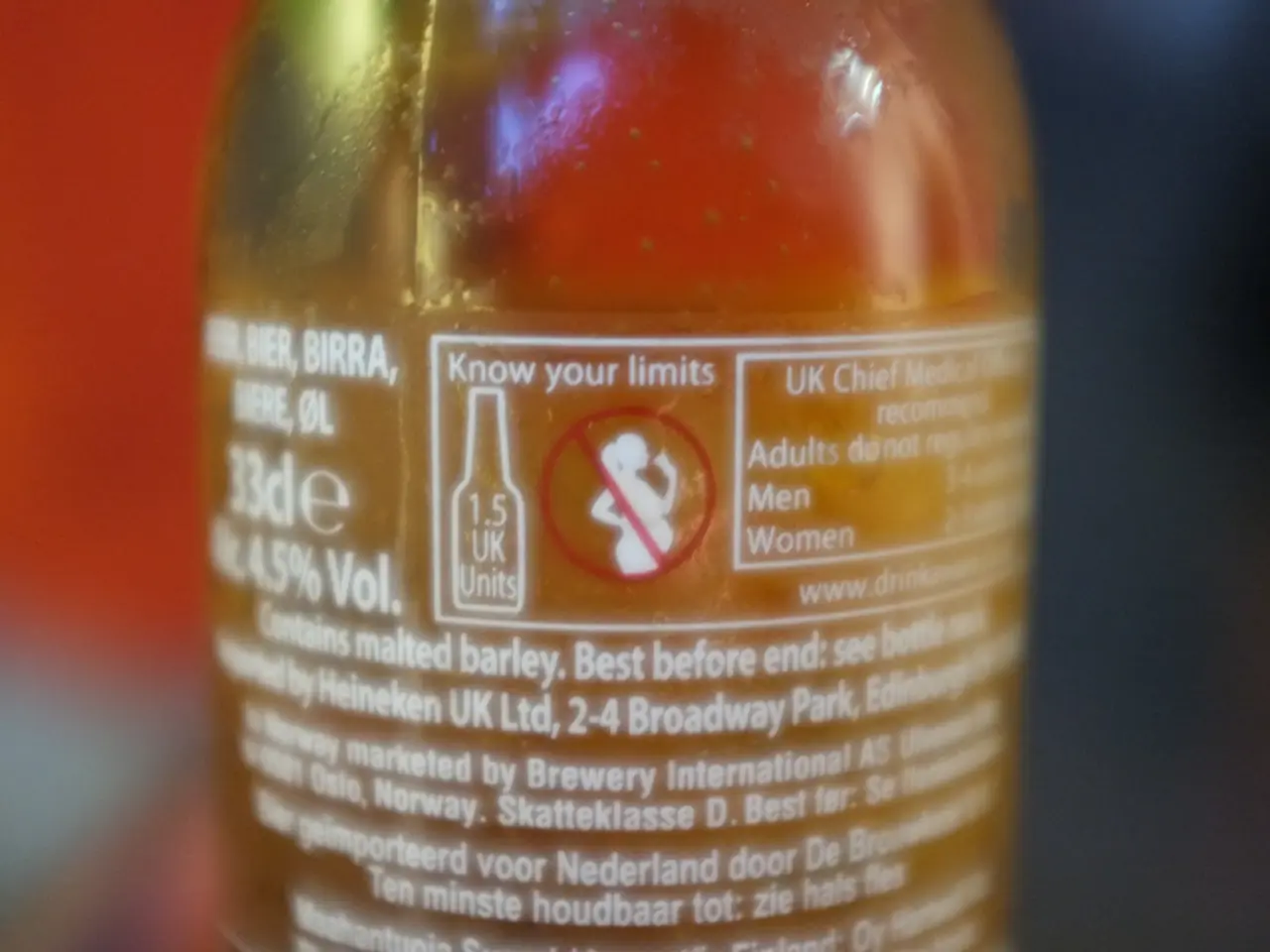Redefining glioblastoma therapy: The potential transformative role of CAR-T cell treatment in eradicating this deadly form of brain cancer
**Latest Developments in CAR-T Cell Therapy for Glioblastoma Offer Promising Advancements**
Recent research in the field of CAR-T cell therapy for glioblastoma, an aggressive type of brain cancer, is revealing promising advancements in both the delivery methods and targeting strategies of these treatments.
1. **Bivalent CAR-T Cell Therapies**: Researchers at the University of Pennsylvania have developed a bivalent CAR-T cell therapy that targets two glioblastoma markers, EGFR and IL13Ra2, instead of just one. This approach is delivered directly into the brain via a scalp-implanted device, showing potential to improve tumor coverage and reduce disease progression. In a phase 1 clinical trial, most patients experienced tumor shrinkage, with one patient remaining disease-free for over 20 months [1][3].
2. **Cyclic Administration Strategies**: Studies suggest that cyclic administration of CAR-T cells may be more effective than single doses in reducing tumor burden. This approach incorporates models that account for resistance and treatment delays [2].
3. **Novel Gene Therapy Strategies**: Researchers at the San Raffaele-Telethon Institute for Gene Therapy have developed a strategy to enhance CAR T-cell effectiveness by transforming the tumor microenvironment. They use genetically engineered macrophages to create an immune-stimulating environment, which helps CAR T-cells combat glioblastoma effectively in preclinical models. This innovation addresses the challenge of the immunosuppressive tumor environment that limits CAR T-cell efficacy in solid tumors [5].
4. **Other Ongoing Trials**: Mustang Bio and City of Hope have reported positive results from their CAR-T cell therapy targeting IL13Ra2, with stable disease observed in half of the patients and one patient remaining cancer-free for over five years [1].
One notable case from the Mass General Hospital study involved a 72-year-old man, whose tumor shrank by 18.5% in just two days, before decreasing further over the next two months until it was 60% smaller than when treatment began [4].
The MIT study, which focused on glioblastoma and melanoma, also holds promise for potential applications in combating other types of cancer [6].
In another significant development, researchers from the University of Pennsylvania added CAR-T cells to a gel designed to prevent bleeding post-surgery, preventing recurrence in 19 out of 20 mice without interfering with healing in a 2023 study [7]. This study built on the findings of a 2021 study that found that a combination of CAR-T cells and a fibrin gel aided CAR-T cell distribution in the brain and stopped glioblastoma recurrence in 64% of mice [8].
These developments indicate a growing optimism about the potential of CAR-T cell therapy to improve outcomes for glioblastoma patients. However, it is important to note that while these advancements are promising, there is currently no cure for glioblastoma. Continued research and clinical trials are necessary to further explore the potential of CAR-T cell therapy and other treatments for this aggressive cancer.
References: [1] Mustang Bio Announces Positive Results from Phase 1 Trial of MB-107 for Recurrent Glioblastoma Multiforme (GBM) [2] Cyclic administration of CAR T cells for treatment of solid tumors [3] University of Pennsylvania's CAR-T cell therapy for recurrent glioblastoma shows promise [4] A phase 1 trial of CAR T cells in patients with recurrent glioblastoma [5] A novel gene therapy strategy enhances CAR T cell efficacy in glioblastoma [6] MIT study reveals potential for CAR-T cell therapy in combating other types of cancer [7] University of Pennsylvania study adds CAR-T cells to gel designed to prevent bleeding post-surgery, preventing recurrence in 19 out of 20 mice [8] University of North Carolina Lineberger Comprehensive Cancer Center study pairs CAR-T cells with fibrin gel, aiding CAR-T cell distribution in the brain and stopping glioblastoma recurrence in 64% of mice.
- The research at the University of Pennsylvania has developed a promising method in the field of biotech called bivalent CAR-T cell therapy, which targets two specific markers, EGFR and IL13Ra2, in glioblastoma, a type of cancer.
- In the realm of science, studies suggest that cyclic administration of CAR-T cells, which involves repeating doses, may be more effective than a single dose in managing cancerous growths, such as glioblastoma.
- In a move to combat the challenges of the immunosuppressive tumor environment that affects CAR-T cell efficacy in solid tumors like glioblastoma, researchers at the San Raffaele-Telethon Institute for Gene Therapy have devised a strategy using genetically engineered macrophages to create an immune-stimulating environment.
- Ongoing clinical trials by Mustang Bio and City of Hope using CAR-T cell therapy targeting IL13Ra2 have reported positive results, with half of the patients experiencing stable disease, and one patient remaining cancer-free for over five years.




